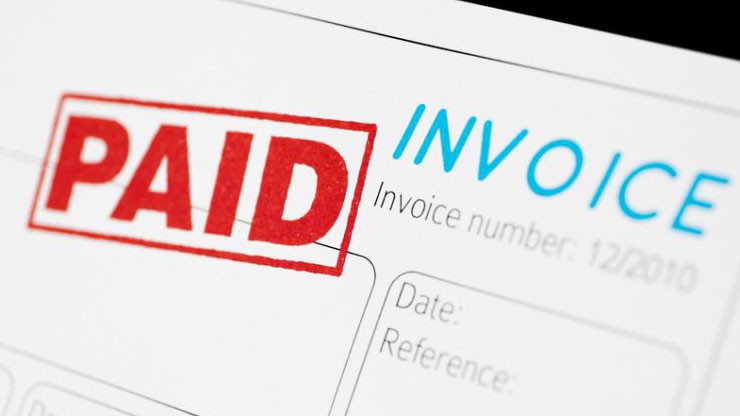Quick Pay vs. Factoring: Which is Best for Your Trucking Company? (Part 2)

This article is the second in a two-part series about choosing the best load payment terms for your trucking business.
Are you considering using load factoring for faster payment processing? Ask these important questions before signing a contract with a factoring agent.
Questions for the Factoring Agent:
Are factoring services provided on a recourse or non-recourse basis?
This is a big one that could have a huge impact on your profitability. With recourse-based factoring, if the customer does not pay, the factoring company can seek reimbursement from you for the invoice amount. Non-recourse factoring means the factoring company deals directly with the customer to collect without seeking reimbursement from you. However, non-recourse factoring usually carries a higher percentage fee. Know which type of factoring is in your agreement.
Can I use factoring on a case-by-case basis?
This can differ by company, so ask the question. Some may allow you to factor loads one at a time. Usually, the factoring company wants you to agree to have all your loads for a particular customer factored by them.
Can I factor a load from any customer?
Because load factoring carries a fair amount of risk, the factoring company wants some assurance your customer is credit worthy. They may require a certain credit level for your customer before agreeing to factor loads for them. Determine the requirements for customer approval before signing a factoring contract.
Will the factoring rate and/or advance percentages vary from load to load?
Ask if the rate and advance percentages change based on the load specifications or if the rates remain fixed for the term of the factoring contract.
What other fees are charged for additional services such as direct deposit or wire transfer?
Services such as direct deposit, wire transfers, and credit checks may be subject to additional fees. While they may seem small, these fees can add up over time. Get an up-front schedule of fees that may apply.
If you are planning to choose Quick Pay as your terms with a broker, get answers to these specific questions before making your selection of terms.
Questions for the Broker:
Can I use factoring for load payments on a case-by-case basis?
The answer here is probably "no." Most brokers require you to set payment terms when you become an approved carrier. Options include factored loads or direct payment terms - either Quick Pay or Standard Pay. However, check the broker's policies to find out how they apply to your company.
Are cash advances available to offset upfront expenses?
This depends on the broker. Large brokerage operations may offer cash advances and other service discounts to offset your out-of-pocket expenses. To find out more about how J.B. Hunt handles cash advances, click here.
Are there other fees for additional services?
Each broker has specific policies for services such as lumper payments, detention, document processing and expedited payments. Read the fine print and understand the procedures for each when agreeing to payment terms.
Can I stop factoring loads whenever I wish?
The answer here is "yes and no." Most brokers allow you to change your payment terms and stop using factoring. But doing so may not be an easy switch. The broker may require all of your factored load invoices be paid before giving you a non-factored load. While this sounds simple, the process depends on the factoring agent submitting your load invoices in a timely manner. Depending on the number of invoices you have factored and how quickly the factoring agent submits them for payment, it could easily be 60 days or more before you are able to book a non-factored load with that broker.
There are positives and negatives to both Quick Pay and load factoring. Consider the specific needs of your company and the benefits of both payment options before committing to either.

